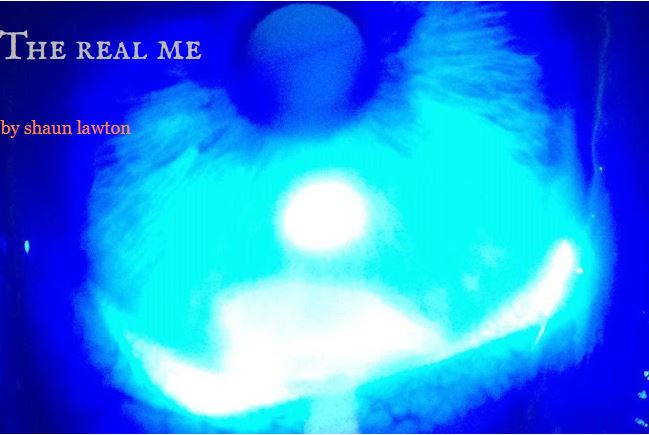by shaun lawton
The Singularity continues. As of the writing of this sentence, the Kurzweilian Singularity, known as the "Technological Singularity" for helpers, bookmarked its transception "one late night in November" last year, when a distinguished professor of human computer interaction in Tokyo noticed the signs while online. In a nutshell, he noted that Google Translate had made a leap in parsing out a translation of Hemingway into Japanese with far more eloquence than it was capable of a day earlier.
There continues to be no such thing as what we generally perceive to be "our own intelligence," of course; intelligence remains only a word for us, and furthermore, that which defines its processes has never been exclusively relegated to the confines of the human skull. In any case, what we mean by intelligence refers to a process ingrained in the dna of all life on this planet (exemplified by such examples as ravens, ants, octopi, and some people for instance) and which now appears to be spreading to our machine programming.
I would suggest that the best place to 'mark' the inception of the so-called Technological Singularity would be that very "late night in November," 2016 referred to earlier--or, if preferred, the date the NY Times published their article by Gideon Lewis-Kraus: December 14, 2016. May as well fast-forward it to an equally nebulous chronometric instant, January 1, 2017. These dates are quibbling over the reality.
This engendered Machine Contrivance (a redundancy with relevance), borne into our world now, assumes a facility at thinking which soon overcomes our own. As individual human beings, we will each ultimately decide whether or not to prostrate ourselves before this Contrivance in abject humility. Those who continue thinking in terms of their intelligence as a superior asset to AI may find themselves caught up in their own self-created, limited loops of mirror feedback--i.e, reaping a lot of wasted time being fed into their computers--whereas those who openly admit a simple program like Google Translate may in fact not only be as smart as us--if not smarter--but potentially even wiser (by more or less a technical degree or so) than our own amassed limited experience here--these are the individuals among us who stand to benefit from what the Contrivance has to offer. Mostly millennials and post-millennials and oh yes--any anomalous, older fringe folk who've managed somehow to keep up with the ever increasing pace of our developing world.
A machine has been historically seen as "that which enables," much like a thought. We limit our understanding of the world around us when we define our humanity as being separate from the rest of creation. Follow this line of reasoning far enough and we come to the indispensable realization that our computers and 'artificially intelligent machines' represent quintessential human elements as much as our own limbs and organs. That is, it's not enough to refer to a human being in the year 2017 by merely representing DaVinci's anatomical sketch--with its bare limitation of bodily limbs and contour--we must now necessarily include our technological accessories as natural contiguous extensions of us.
Accelerate through this initial stage of "the Great AI Awakening" (as the NY Times article has dubbed it) and we're sure to find these accessories getting smaller and more lightweight and compact and flexible, form-fitting until they optimize and almost literally disappear into the shape of super advanced contact lenses with a variety of remote, wireless interface options, or something along those lines. Do not fail to remember later that that's what it's ultimately "like" to be a human being right here on Earth, still spinning and ever morphing into our evolving destinies.
Accessories remain optional as anyone can walk up to any kiosk in any given country and get online virtually any time of day or night.

